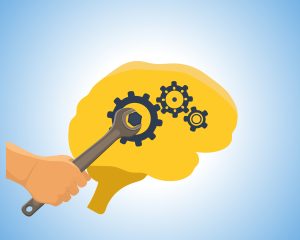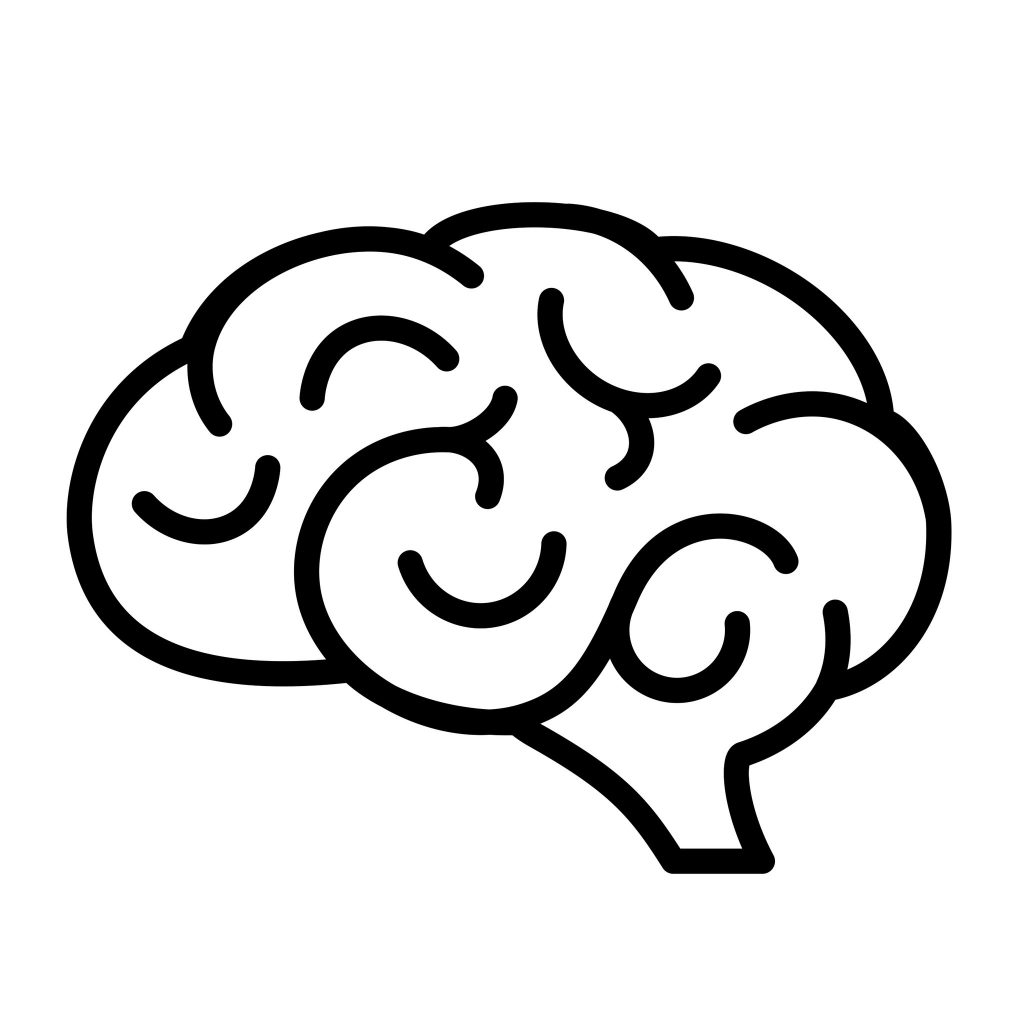Behavioral Health Helpful Websites:
https://www.samhsa.gov/ – Substance Abuse and Mental Health Services Administration (SAMHSA) leads public health efforts to advance the behavioral health of the nation and to improve the lives of individuals living with mental and substance use disorders, and their families.
https://www.mentalhealth.gov/ – Features resources such as help for young people, older adults, resources for mental health experts, coping with COVID -19, behavioral health equity and parity: improving people’s lives. Also, provides hotlines for suicide prevention and the veterans crisis line.
https://www.mhanational.org/issues/federal-and-state-role-mental-health – A community based non-profit dedicated to addressing the needs of those living with mental illness and to promoting the overall mental health of all. Including prevention services for all; early identification and intervention for those at risk; integrated care, services, and support for those who need them; with recovery as the goal.
https://www.nimh.nih.gov/ – NIMH is the lead federal agency for research on mental disorders that provides mental health information, how to get involved, research, funding and news/events.
https://www.hrsa.gov/behavioral-health – HRSA works across diverse programs — serving everyone from infants to the elderly — to assure that people in the U.S. have access to a broad range of essential personal and public health services.
https://www.healthcare.gov/coverage/mental-health-substance-abuse-coverage/ – How to get mental health & substance abuse coverage.





